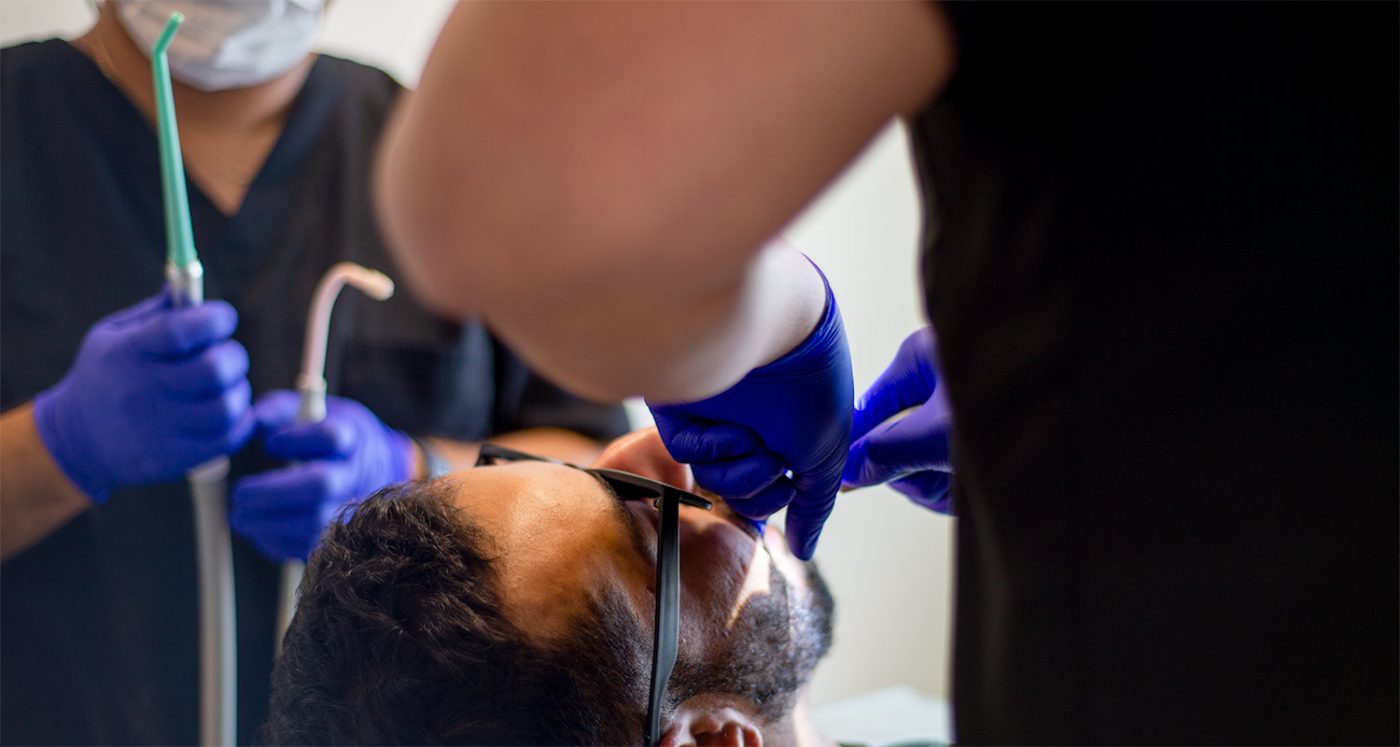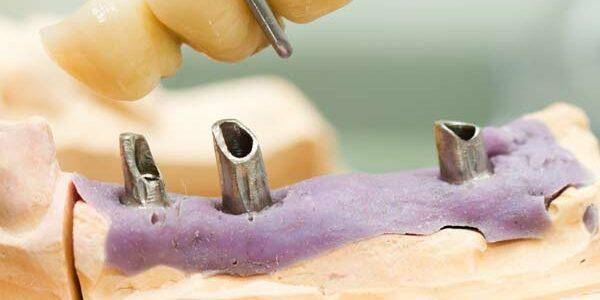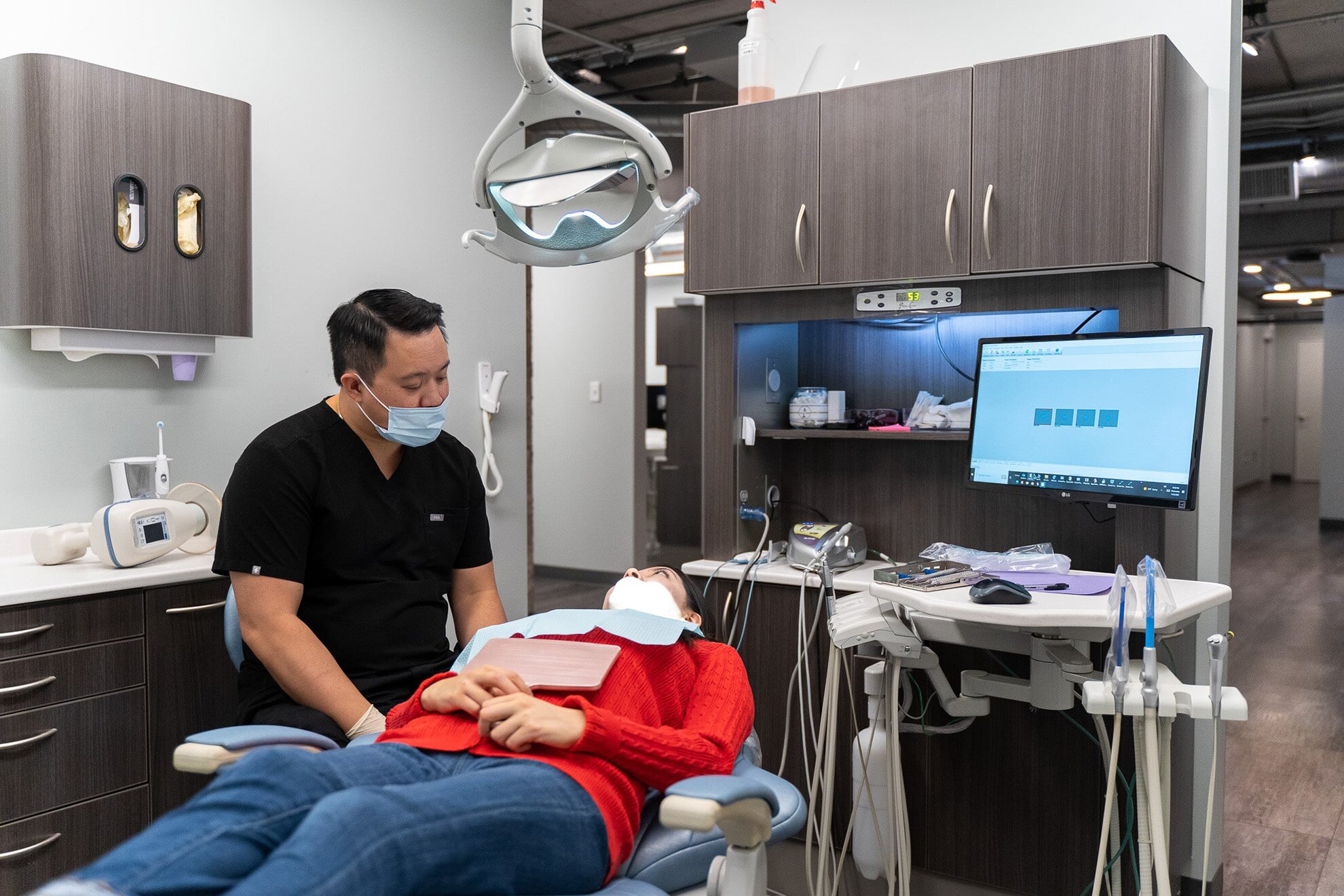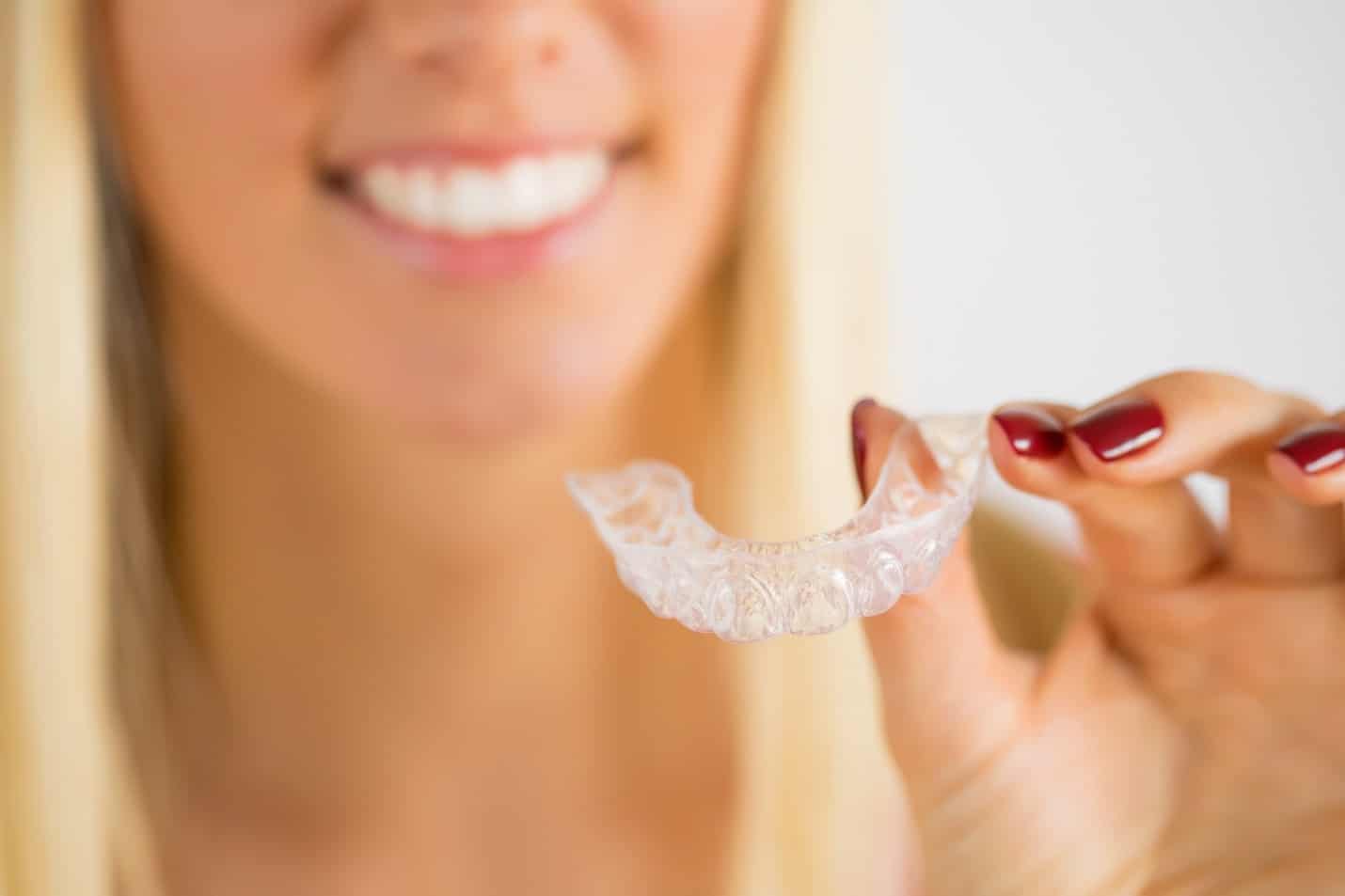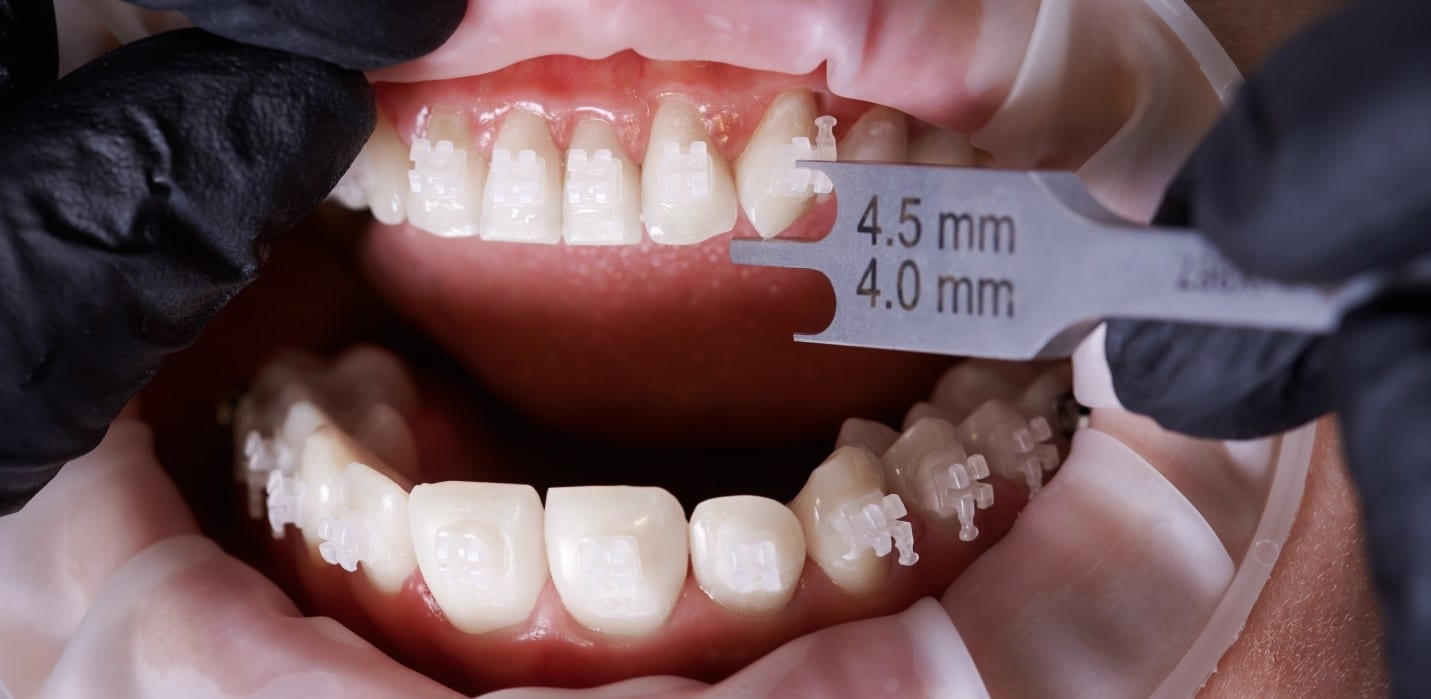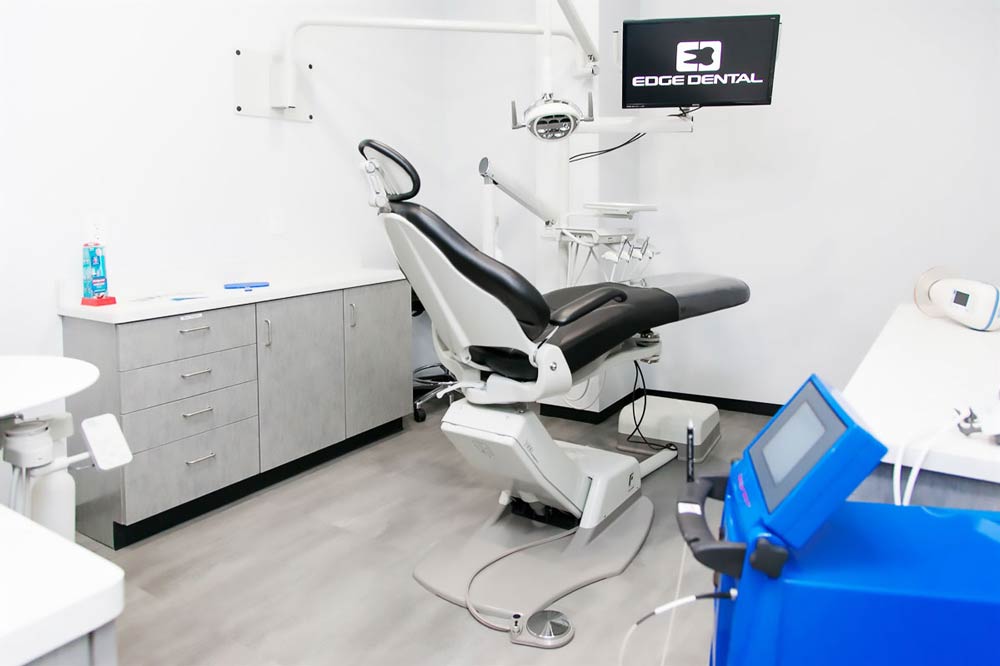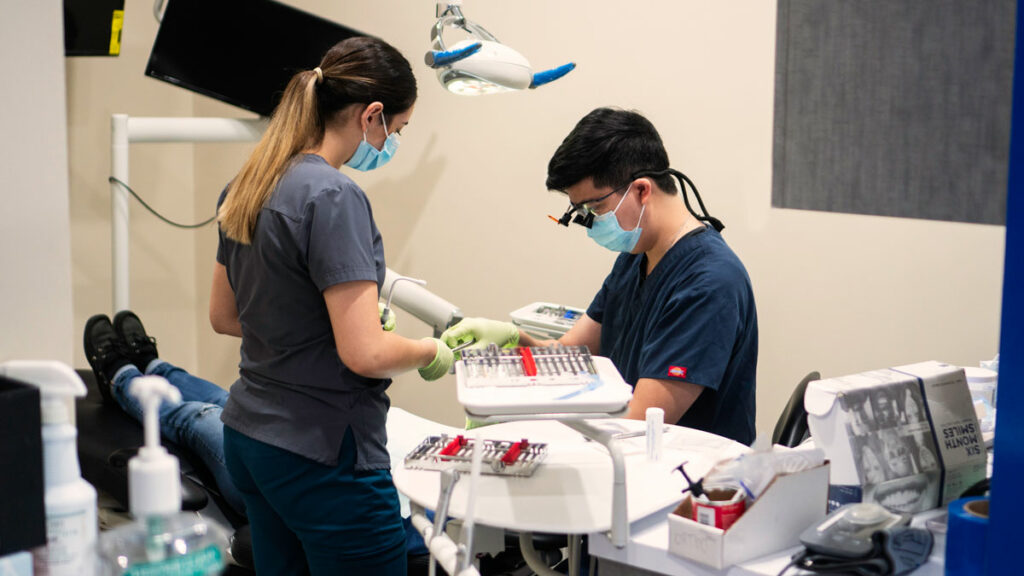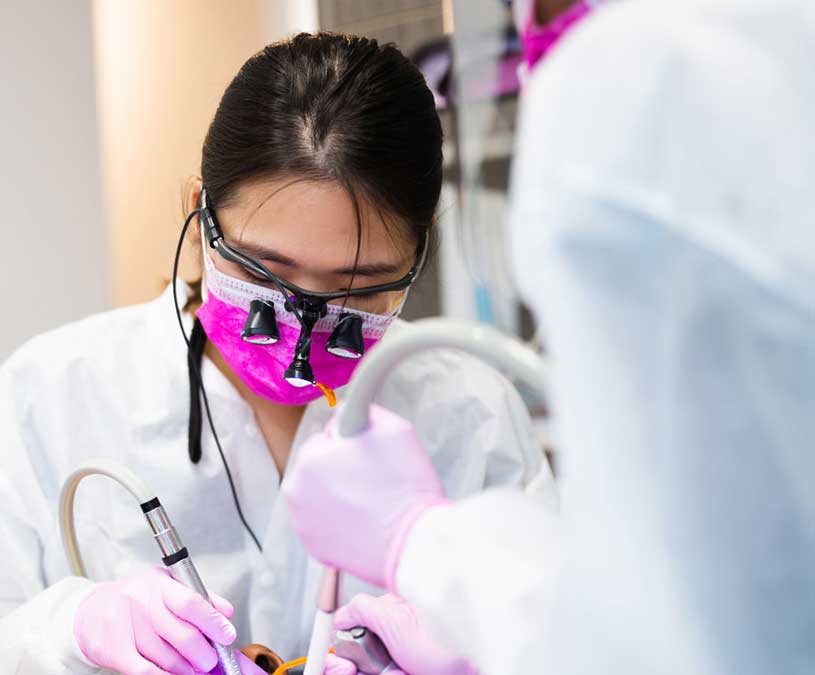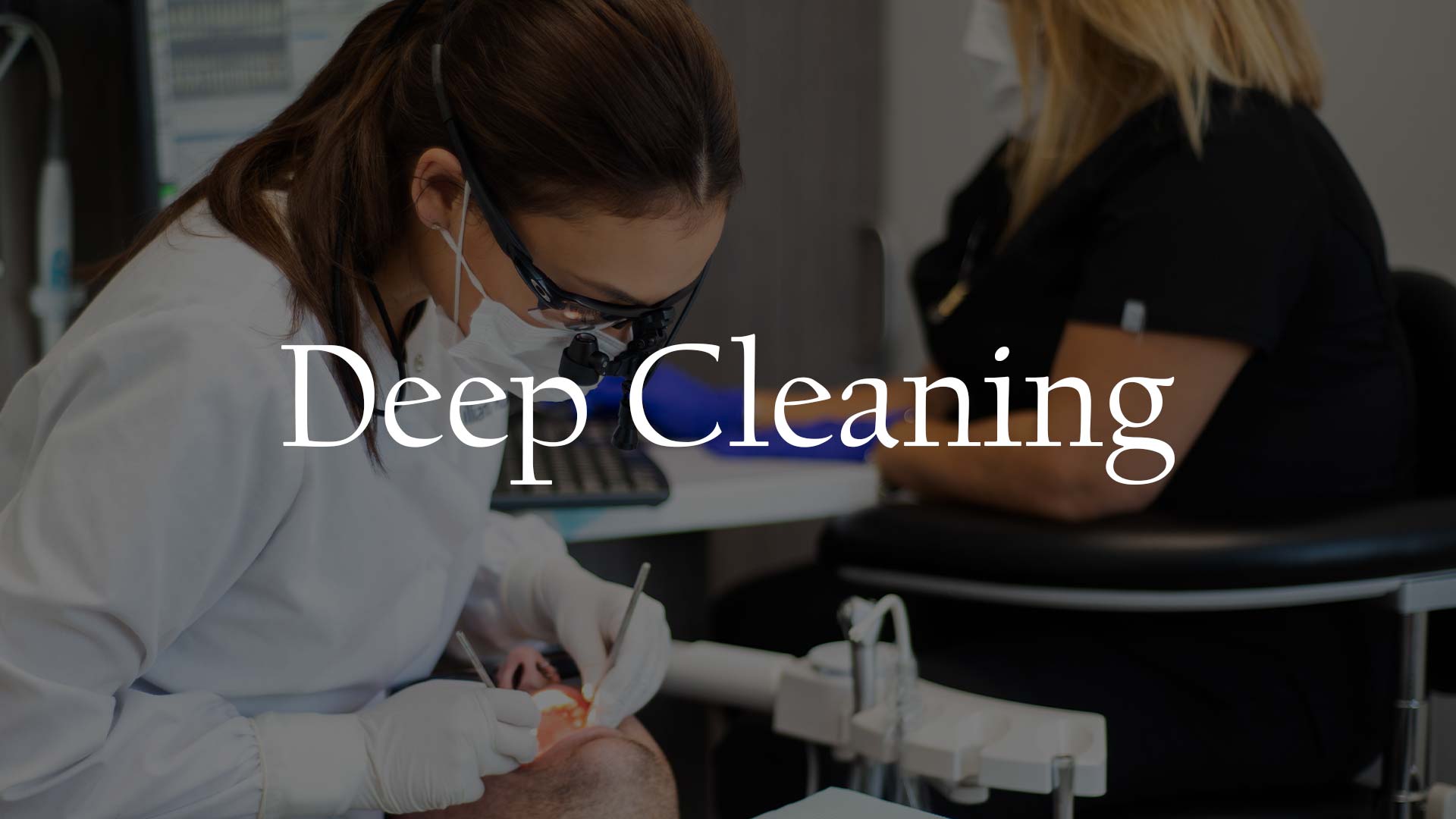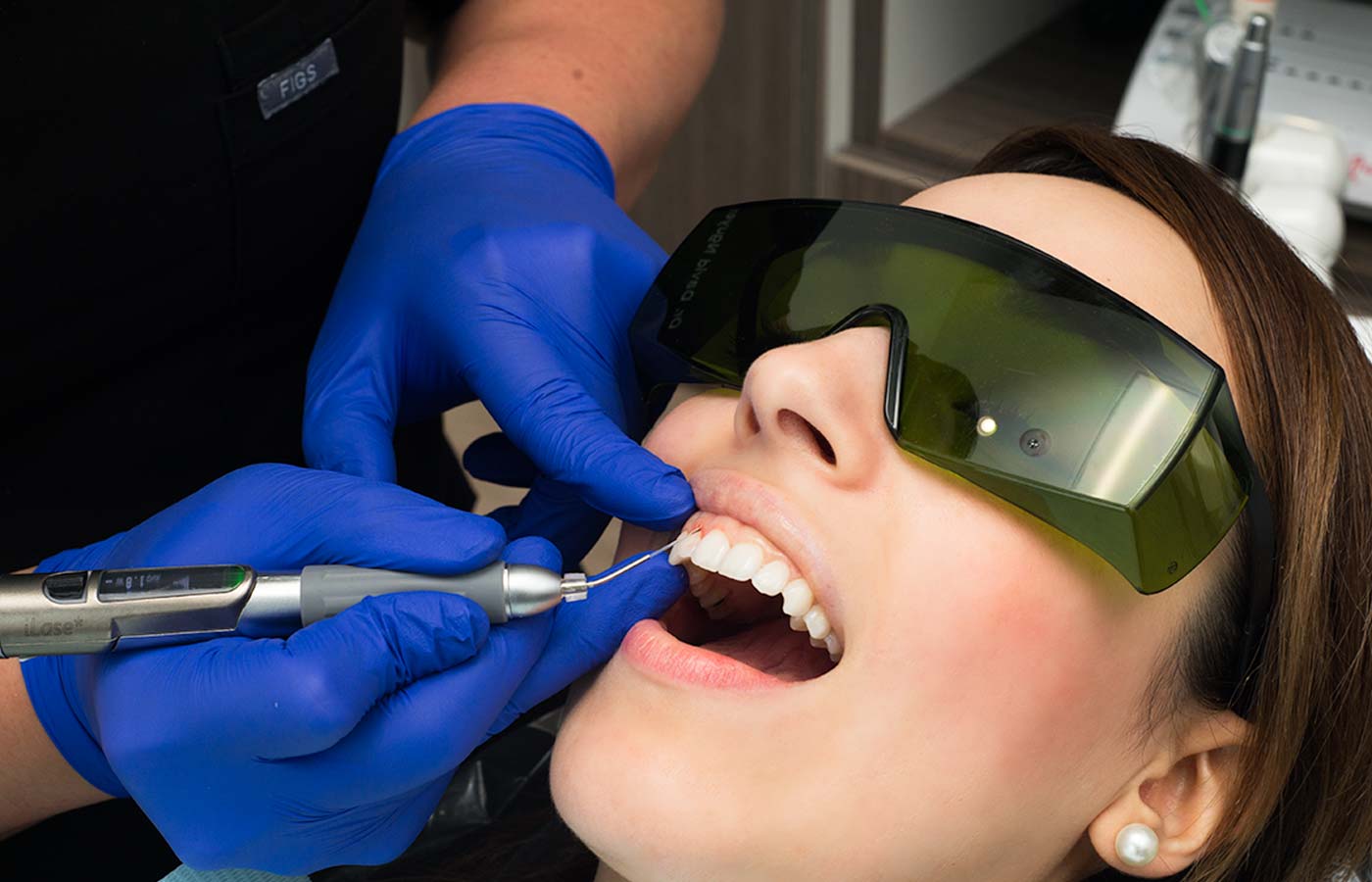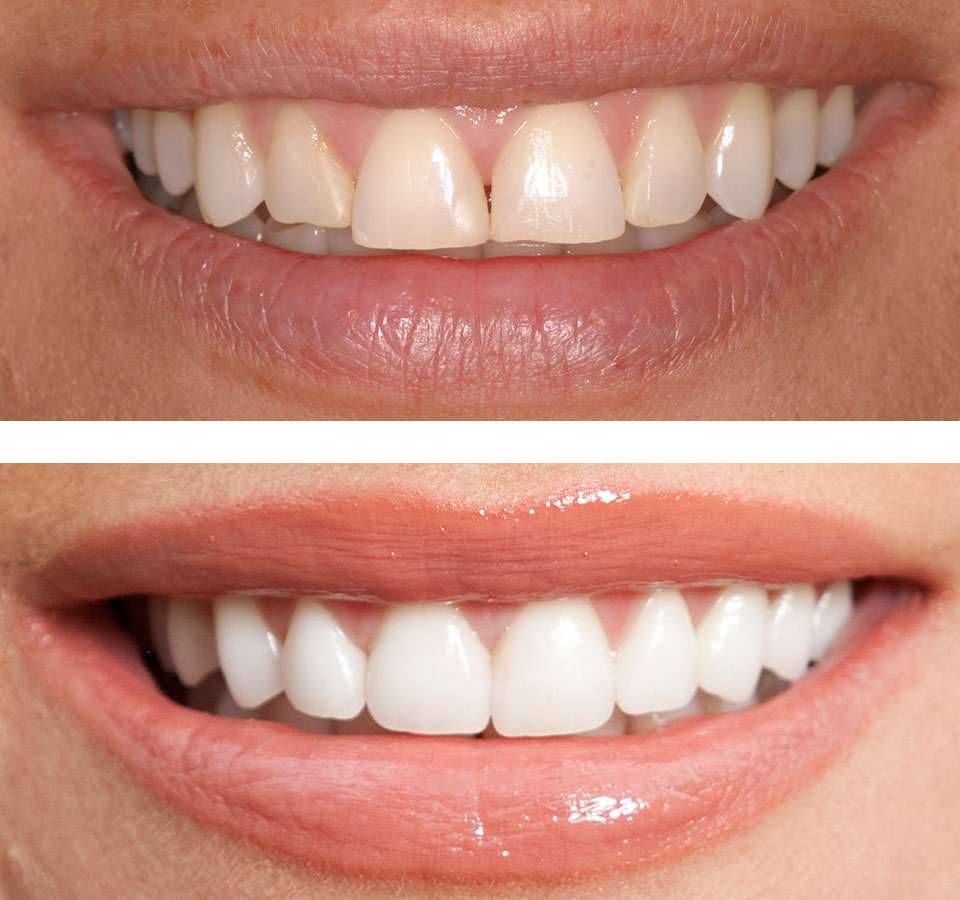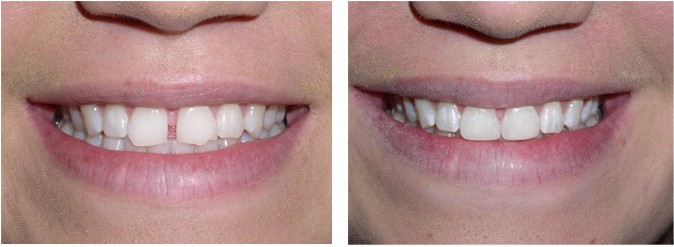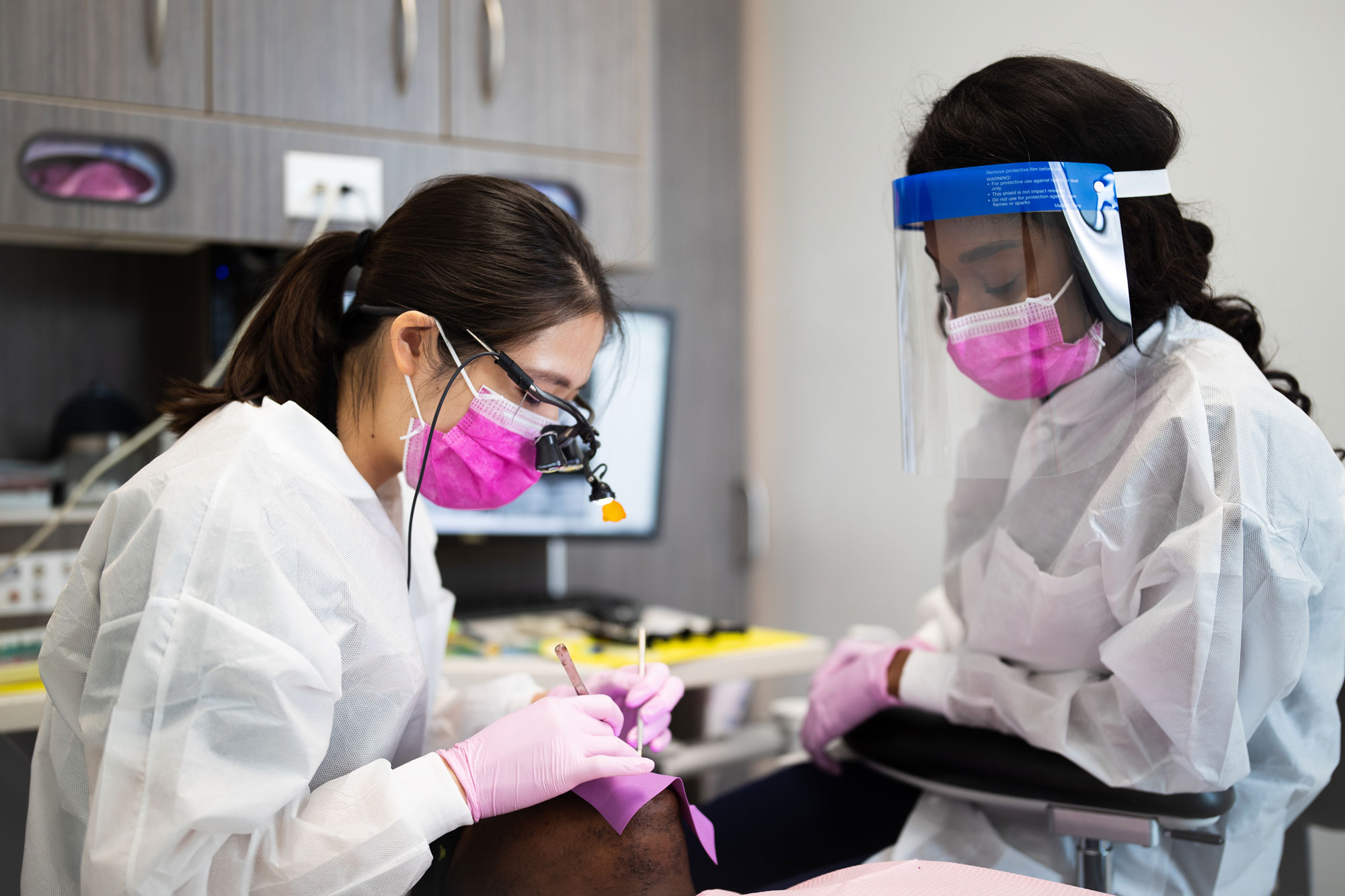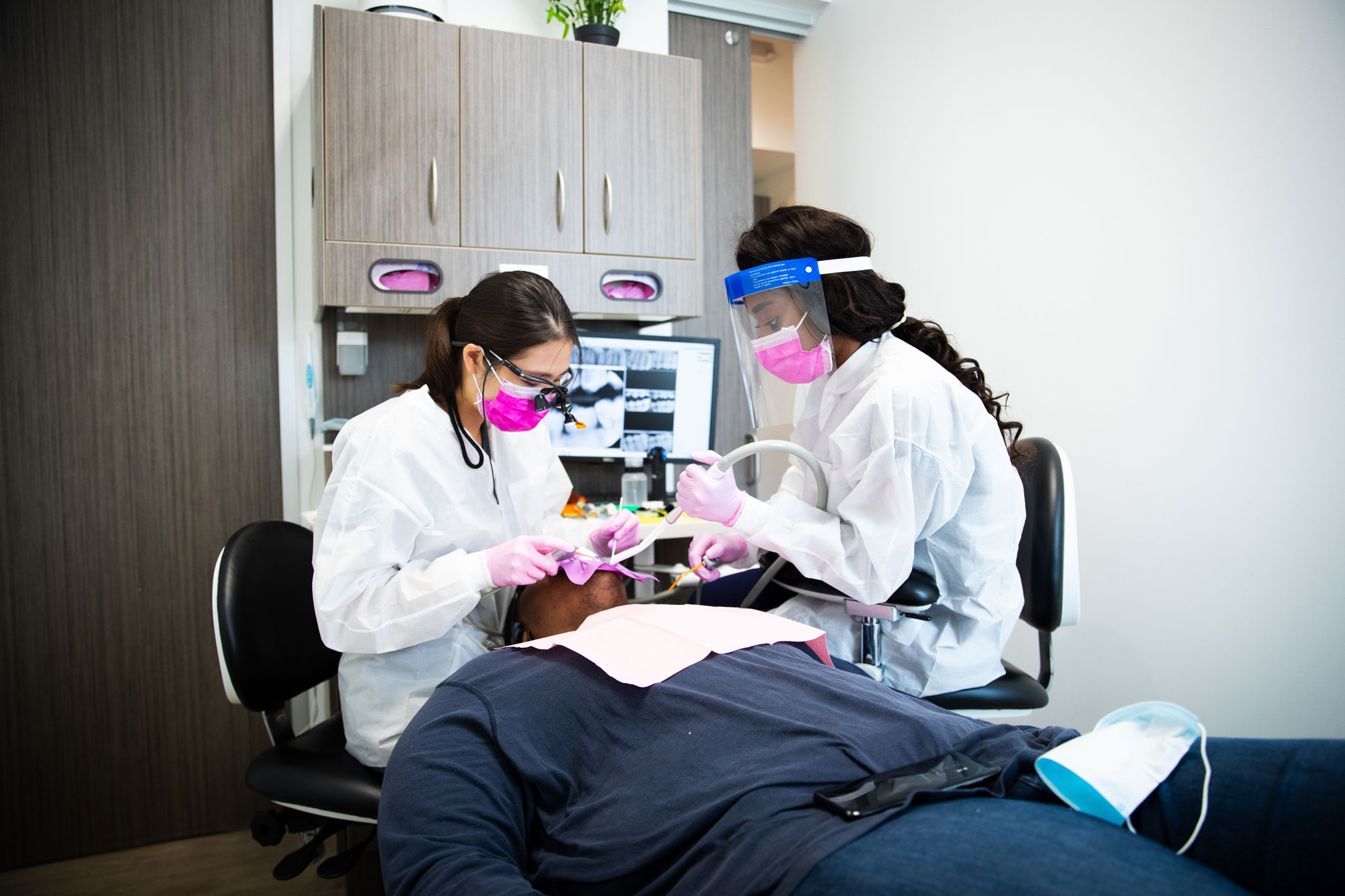Braces are great for misalignment, teeth gaps, or crowded teeth. Correcting these dental problems is necessary; ignoring them can cause other issues. Many people don't choose braces as an option as it has many metal wires that make them feel conscious about their look.
But as there is an exciting part in wearing braces, you can have many color options to choose from for your braces bands. There are many color options to pick for your braces. The best thing is that you don't have to stick to only one color; you change them at every visit to your dentist. Your dentist will call you for regular appointments to fix the braces as the treatment progresses.
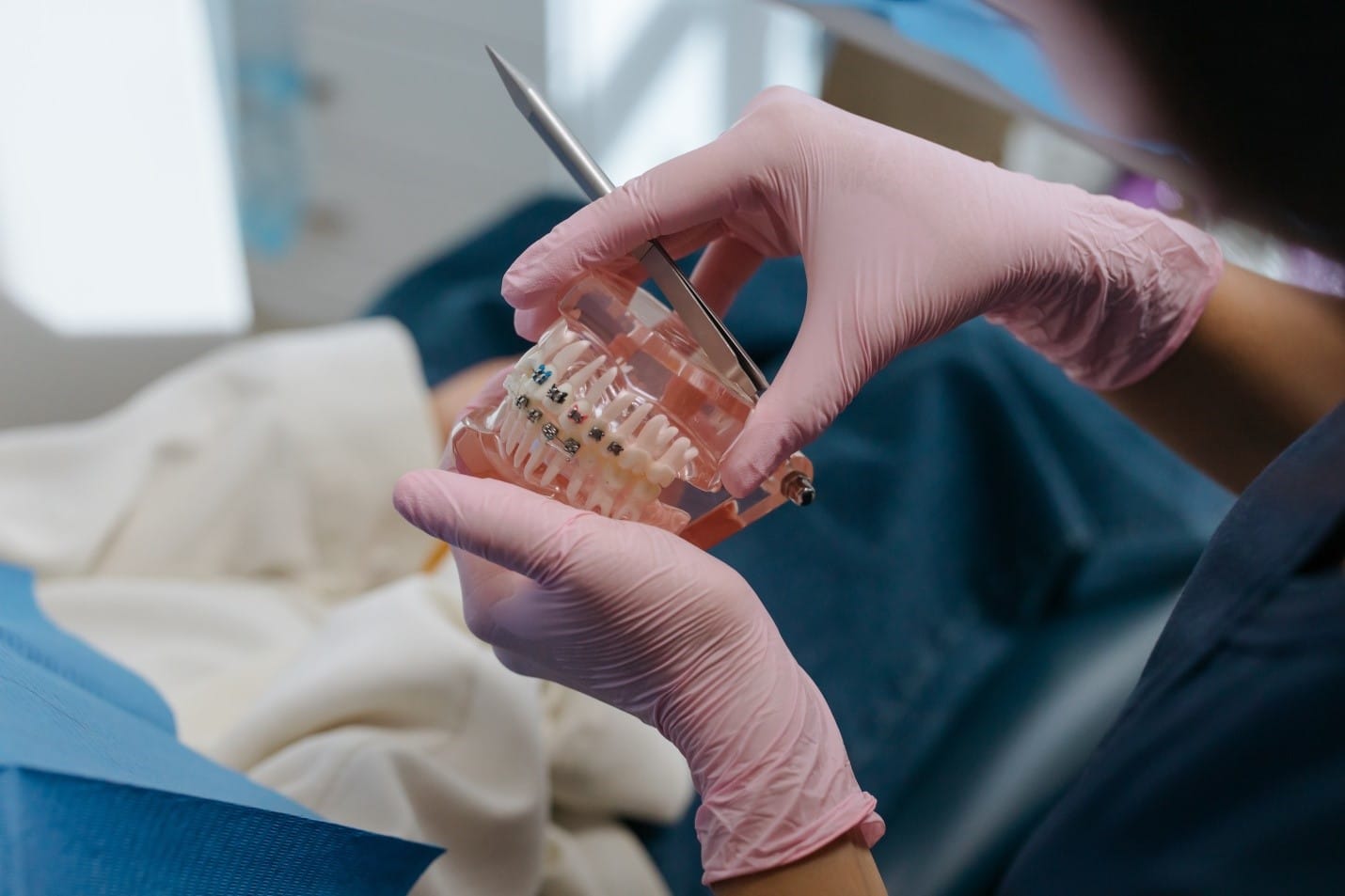
Many people want braces colors that can make their teeth look whiter, so if you also want braces colors that make your teeth look whiter, choose dark braces that can pop up your teeth' color; avoid colors like yellow, white, or brown. They will make your teeth look more faded than they are.
You can choose many colors that complement your outfit, skin, eye, or other things. The color of your braces can give you the confidence you desire, so it is necessary to choose the best color.
What are color combinations for braces?
With so many colors, you can choose different color braces combinations. Therefore, if you don't like them, you can change them at each visit to your dentist. You don't need to stick with one color. You can also ask your orthodontist for a color wheel to choose the color from, or you can ask for your dentist's suggestions.
Sometimes, you may become choosy while picking the color, but that is common. Picking out one color from so many can be a tough job.
Girls often choose light colors, like light pink braces, red, neon, or purple shades.
Here are some tips on picking the best braces color:
Whiter teeth appearance –
Darker shades, like royal/navy blue, purple, and black, can make your teeth look whiter. Avoid dark green and brown colors; they may appear like food stuck in your mouth.
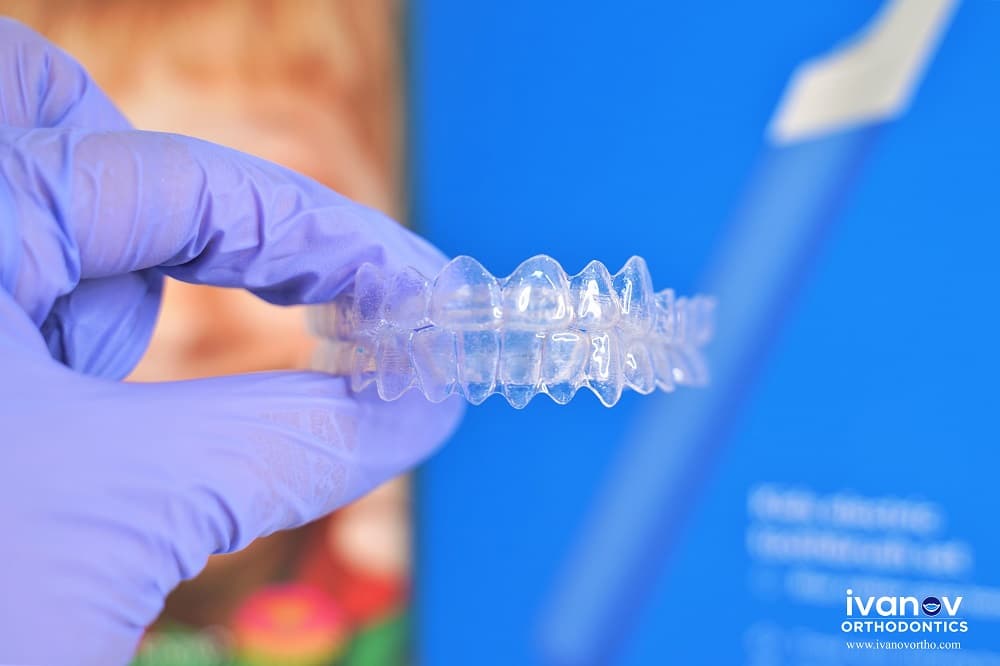
White or transparent braces –
Many people opt for white color braces as you don't have to think much about it, and they will go well with everything. But people who have a little yellow tint in their teeth should avoid it as it may appear more yellow. And also, white bands can become discolored with time.
Yellow or Gold –
Like white, even these two colors can make your teeth appear stained. If you have yellow tint teeth choose silver bands or black to make your teeth look whiter.
Braces are great for misalignment, teeth gaps, or crowded teeth. Correcting these dental problems is necessary; ignoring them can cause other issues. Many people don't choose braces as an option as it has many metal wires that make them feel conscious about their look.
But as there is an exciting part in wearing braces, you can have many color options to choose from for your braces bands. There are many color options to pick for your braces. The best thing is that you don't have to stick to only one color; you change them at every visit to your dentist. Your dentist will call you for regular appointments to fix the braces as the treatment progresses.

Many people want braces colors that can make their teeth look whiter, so if you also want braces colors that make your teeth look whiter, choose dark braces that can pop up your teeth' color; avoid colors like yellow, white, or brown. They will make your teeth look more faded than they are.
You can choose many colors that complement your outfit, skin, eye, or other things. The color of your braces can give you the confidence you desire, so it is necessary to choose the best color.
What are color combinations for braces?
With so many colors, you can choose different color braces combinations. Therefore, if you don't like them, you can change them at each visit to your dentist. You don't need to stick with one color. You can also ask your orthodontist for a color wheel to choose the color from, or you can ask for your dentist's suggestions.
Sometimes, you may become choosy while picking the color, but that is common. Picking out one color from so many can be a tough job.
Girls often choose light colors, like light pink braces, red, neon, or purple shades.
Here are some tips on picking the best braces color:
Whiter teeth appearance –
Darker shades, like royal/navy blue, purple, and black, can make your teeth look whiter. Avoid dark green and brown colors; they may appear like food stuck in your mouth.

White or transparent braces –
Many people opt for white color braces as you don't have to think much about it, and they will go well with everything. But people who have a little yellow tint in their teeth should avoid it as it may appear more yellow. And also, white bands can become discolored with time.
Yellow or Gold –
Like white, even these two colors can make your teeth appear stained. If you have yellow tint teeth choose silver bands or black to make your teeth look whiter.
You can also ask your dentist for suggestions for color combinations, or you can choose the color according to your skin tone, your hair color, your eye color, or a particular occasion like Christmas or Halloween. The best braces colors to get for girls are light pink braces or purple, and for boys, blue and black.
In Conclusion:
The color of your braces is essential, and you probably want a color that looks perfect on you and makes your teeth look whiter. The braces treatment may last many months and even years. So choose the best band color and make your braces treatment a beautiful journey. If you want braces, call your orthodontist and schedule a free consultation.
Article source : https://www.hugotips.com/the-best-color-combination-braces-to-make-your-teeth-look-whiter/
You can also ask your dentist for suggestions for color combinations, or you can choose the color according to your skin tone, your hair color, your eye color, or a particular occasion like Christmas or Halloween. The best braces colors to get for girls are light pink braces or purple, and for boys, blue and black.
In Conclusion:
The color of your braces is essential, and you probably want a color that looks perfect on you and makes your teeth look whiter. The braces treatment may last many months and even years. So choose the best band color and make your braces treatment a beautiful journey. If you want braces, call your orthodontist and schedule a free consultation.
Article source : https://www.hugotips.com/the-best-color-combination-braces-to-make-your-teeth-look-whiter/
